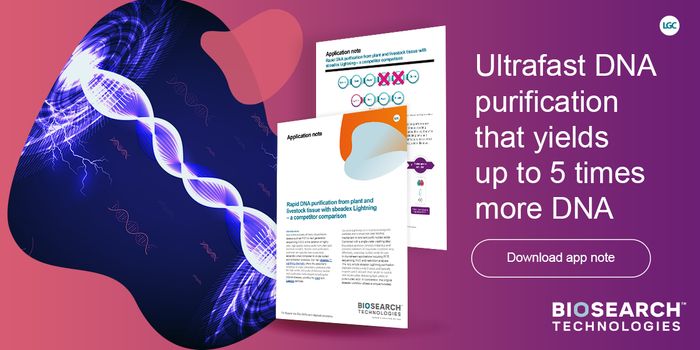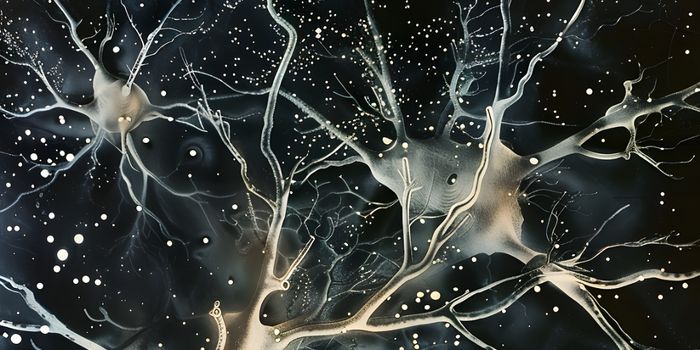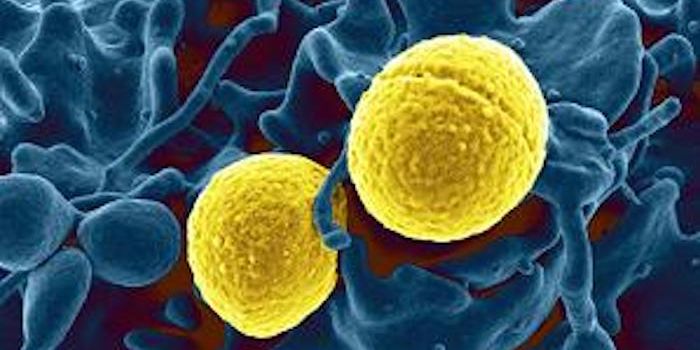A Good Mutation - This Genetic Variant Protects Babies from Jaundice
Scientists have used whole genome sequencing data from Norwegian infants to identify a genetic variant that almost totally prevents jaundice in one in eight newborns. This data may also open up better treatment options for severe cases of jaundice in infants. The findings have been reported in Nature Communications.
Jaundice, or a yellowish skin and eye pigmentation, is so common in the first few days of life that an estimated 60 percent of newborns get it. It is even more common in premature babies. The coloration is caused by bilirubin, which is a normal byproduct created by the breakdown of excess red blood cells. the liver typically filters bilirubin from the blood, but many newborns' livers are not able to perform that function in the early days of life.
It usually goes away on its own in infants, but there are cases when it can impact energy and appetite, and may be more prolonged. High bilirubin levels have to be treated, however, because they can cause brain damage. Phototherapy can help reduce bilirubin levels. In rare cases, a transfusion is necessary.
In this new study, the researchers used genetic data from about 30,000 newborn Norwegian babies and their parents. There were about 2,000 cases of jaundice in this group. After analyzing millions of genetic variants, or small changes in the sequences of genes that occur from one individual to another, the researchers identified a genetic variant that protects babies from jaundice. The variant is carried by about 12 percent of European and American children, according to this study.
The variant is located in a gene that encodes for an enzyme, which has not been connected to bilirubin metabolism before this, noted co-corresponding study author Pol Solé Navais, a researcher at Sahlgrenska Academy at the University of Gothenburg.
"Although the enzyme itself does not protect against jaundice, the discovery has led us further down an exciting research path, opening new avenues for individualized medicine."
The genetic variant was also associated with higher levels of another enzyme called UGT1A1, which is known to be involved in bilirubin metabolism.
"This enzyme converts bilirubin into a variant that is water-soluble, allowing the body to get rid of the bilirubin. We are surprised that we only see this effect in the intestines of the babies, but not in the liver, as it is the liver that is responsible for the metabolism of bilirubin in adults," said co-corresponding study author Professor Bo Jacobsson.
Now it seems there are new questions about the role of UGT1A1, particularly in the newborn intestine; these questions will likely be relevant to the prevention or treatment of neonatal jaundice.









